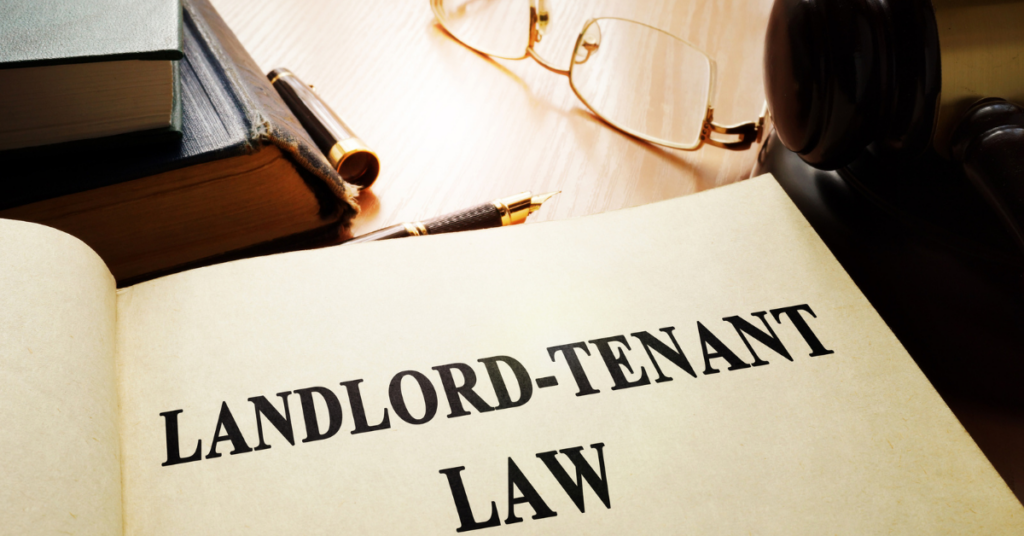
When you own a piece of rental property, you want to be sure that it’s protected. A security deposit is one of the best ways to help ensure safety for your rental property. The deposit should always be charged, even though there are no requirements.
What is a Tenant’s Security Deposit?
The security deposit is money collected by a property management company or a landlord that is used to protect against damage because of a tenant’s carelessness or recklessness while in the rental property. The amount of the tenant’s security deposit can vary, but it’s generally between 1.5 and 2x the monthly rental rate. It can be used to cover damage in excess of normal wear and tear, to clean the unit, and to cover unpaid rent.
How We Handle Security Deposits

Our goal is to make sure you never have to worry about security deposits for your property. We can determine the best price for the deposit and take care of collecting and holding the deposit for you. We can collect deposits for a range of different protection purposes, such as a pet deposit, cleaning deposit, key deposit, etc. We will collect deposits based on the applicant’s qualification, including their credit and background checks. We work to ensure that the right amount is charged for the deposit so it’s fair to the tenant and protects your investment.
We feel that it’s always a good idea to require pet deposits for all tenants and to make it clear that they will only be refunded with proof of professional cleaning and no damage to the property. We can handle all aspects of the security deposit, including receipts.
Why Property Management Providers Should Hold the Security Deposit
One of the questions many owners ask is why the property management company should hold the deposit rather than them. The reason it’s always better to allow the company to hold the deposit is for protection. The property management company ensures you’re complying with Nevada rental law when it comes to security deposits.
Although the state doesn’t have any rules on how landlords need to store the deposits, it’s a good idea to work with a property management company. When an owner holds the deposit, there may be a temptation to use that money as a means to cover other expenses. They may not hold it in a separate account and spend the money, which would violate the law. The money is a deposit after all and doesn’t belong to the landlord.
Las Vegas Property management companies also understand the normal wear and tear that occurs on a property and know that they can’t charge the tenants for this. Landlords are not often aware of this and will try to charge the tenant for things that they shouldn’t have to pay for, which could result in a legal battle.
Does Nevada Law Limit How Much You Can Charge a Tenant for a Security Deposit?

There is a limit to how much can be charged for a security deposit in the state of Nevada. The landlords can charge the tenants up to three month’s rent for the security deposit for private housing. For a $2,000 a month rental, for example, the deposit could be as much as $6,000. However, the landlord doesn’t have to charge this amount. It can be less if they wish, which can make it easier to find tenants. As mentioned, it should never be $0, as there will be no way to easily recover money to pay for repairs to damages on the property.
In the case of public housing, landlords can charge up to a maximum of one month’s rent. For Section-8 Project-Based Housing, the landlords can charge a maximum of one month’s rent or $50, whichever is more.
Faranesh Real Estate and Property Management will take care of determining how much of a deposit the tenants should make on the property, so you as the property owner don’t have to worry about it.
What is the Deadline in Nevada for Returning a Security Deposit?
Nevada’s security deposit law states landlords are required to return the tenant’s security deposits to the tenants within a certain timeframe. They have 30 days after the tenant has moved out to return the money. This is why it’s best to have the property management company hold onto the deposit—we make sure the money’s available to the tenant. If the landlord spent the $3,000 or more that was used for the deposit, it can be difficult for some to come up with that money to return in just 30 days.
Is There Additional Information Tenants Must Be Provided Related to Security Deposits
One of the most important things to remember when it comes to security deposits is that the tenant needs to be aware of the conditions when the landlord will return the deposit. This should be stated clearly in the lease or rental agreement. The tenant needs to know what types of damage or problems would be considered their fault and that the cost of repairs would be deducted from their security deposit. Everything should be spelled out clearly in the agreement so that the tenant and the landlord know what to expect. This includes the cleaning fee and the amount charged.
The deduction and refund process should also be designed to help ensure good tenant behavior. It shouldn’t be designed to nitpick and make as many deductions as possible. Tenants will not want to sign an agreement that’s unclear or that has too many potential deductions for things that may not be their fault.
Our property managers know and understand tenant’s security deposits and refunds, and we always follow the Nevada laws.
Nevada’s Security Deposit Law
Landlords need to abide by the Nevada’s security deposit laws. The state law says that all of the security deposits are considered refundable, as long as the tenant follows the terms set in the lease agreement.
Under the Nevada landlord tenant laws, tenants have the option of purchasing a surety bond to act as their security deposit. Even though tenants have the right to buy the bond, landlords in Nevada aren’t required to accept the surety bond as a deposit. Additionally, they can’t force a tenant to buy a surety bond.

